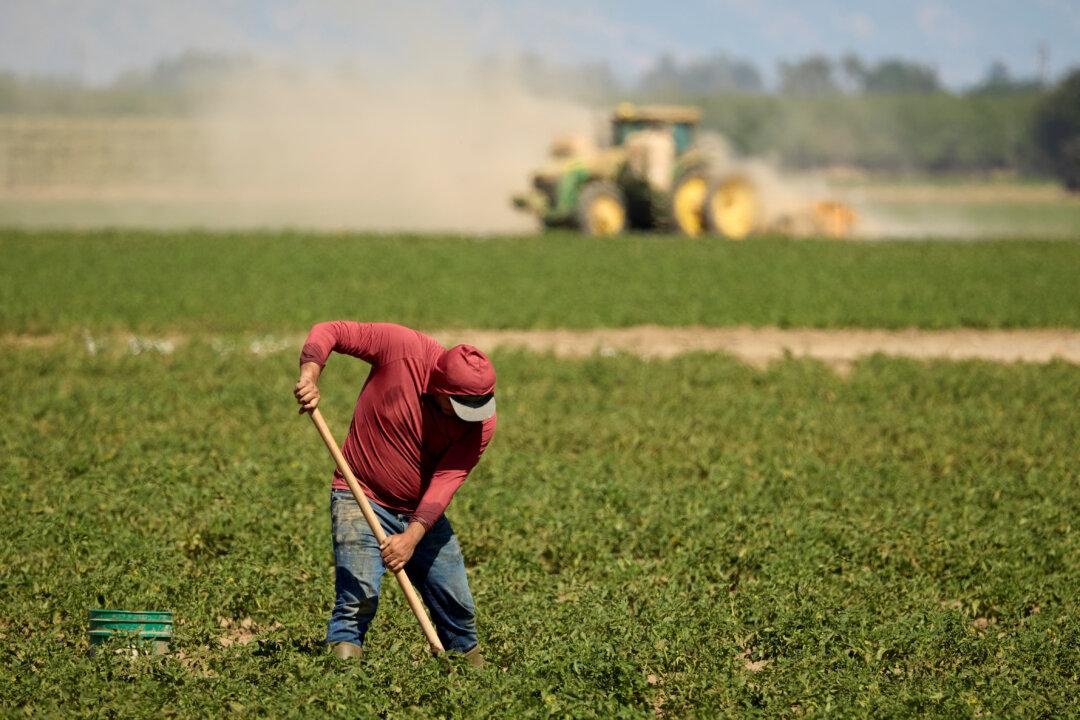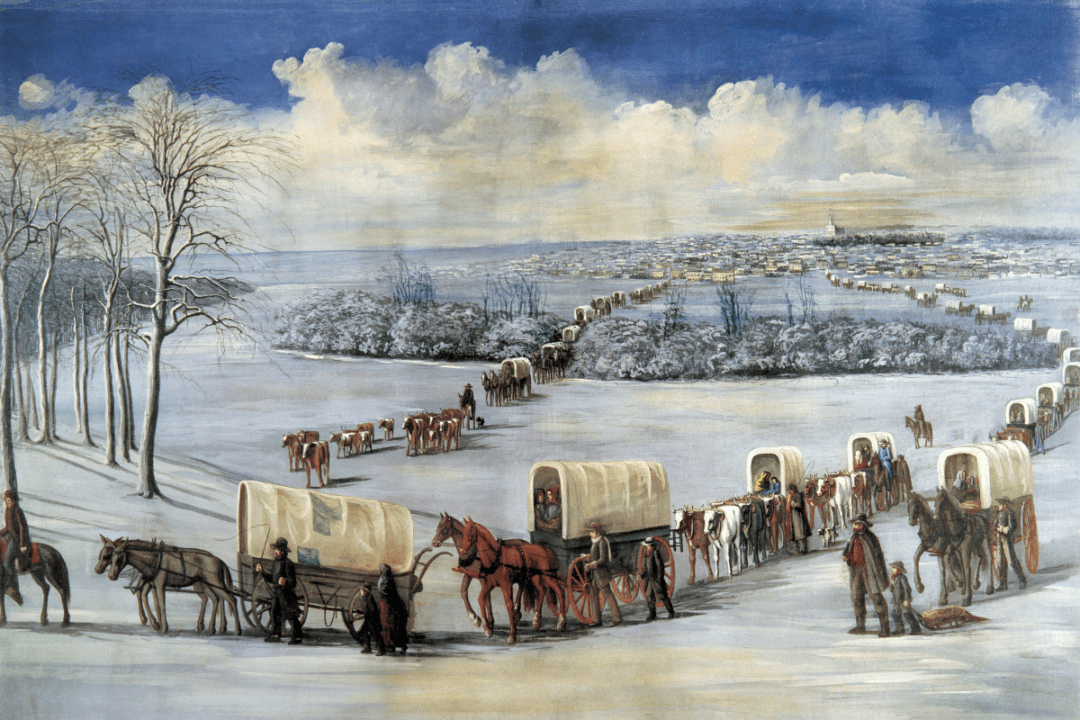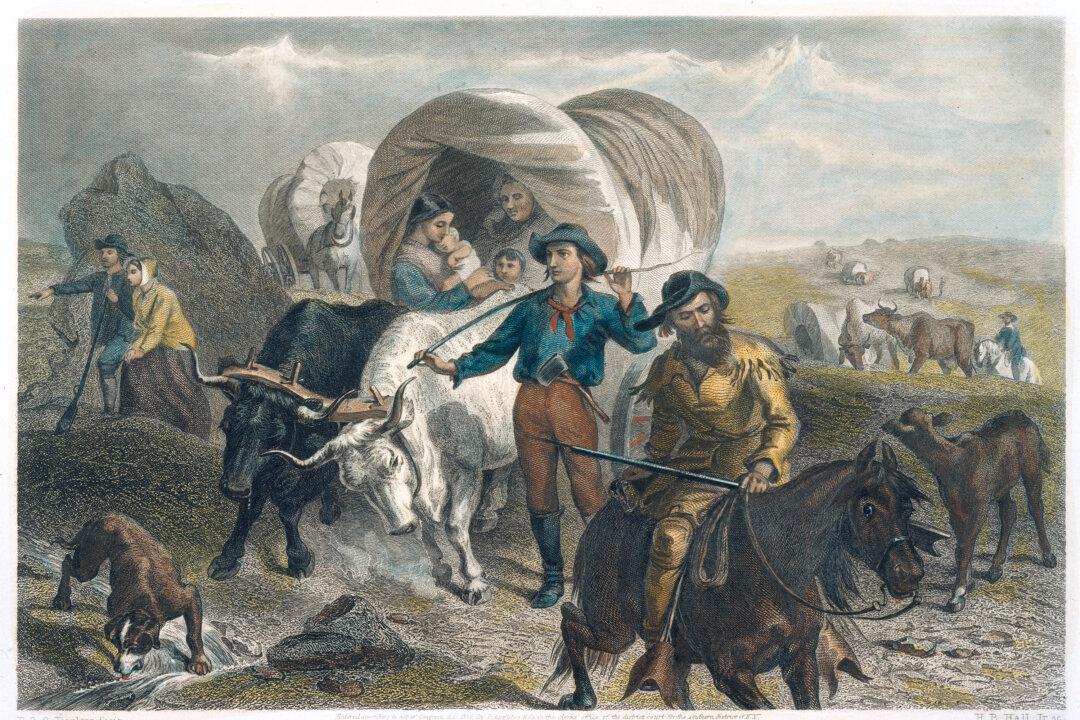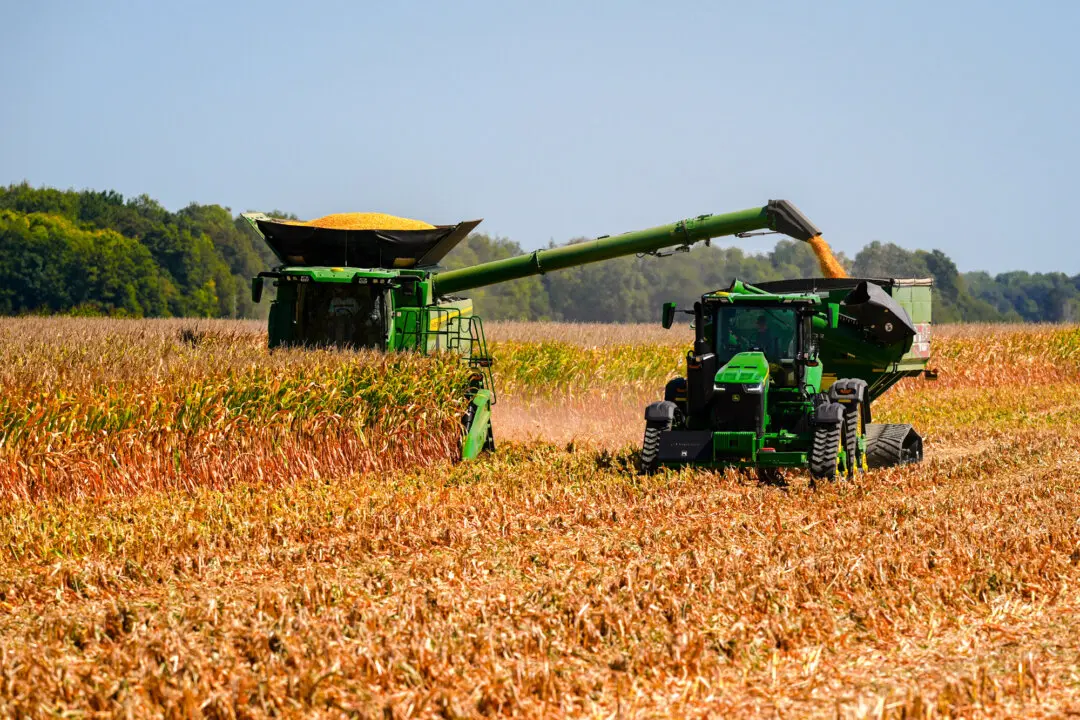Commentary
This morning, I was listening to an old episode of The Life Stylist Podcast with Luke Storey, featuring guest Dr. Zach Bush. In their conversation, Dr. Bush described humanity as the keystone species of this planet. That phrase struck something deep in me.





